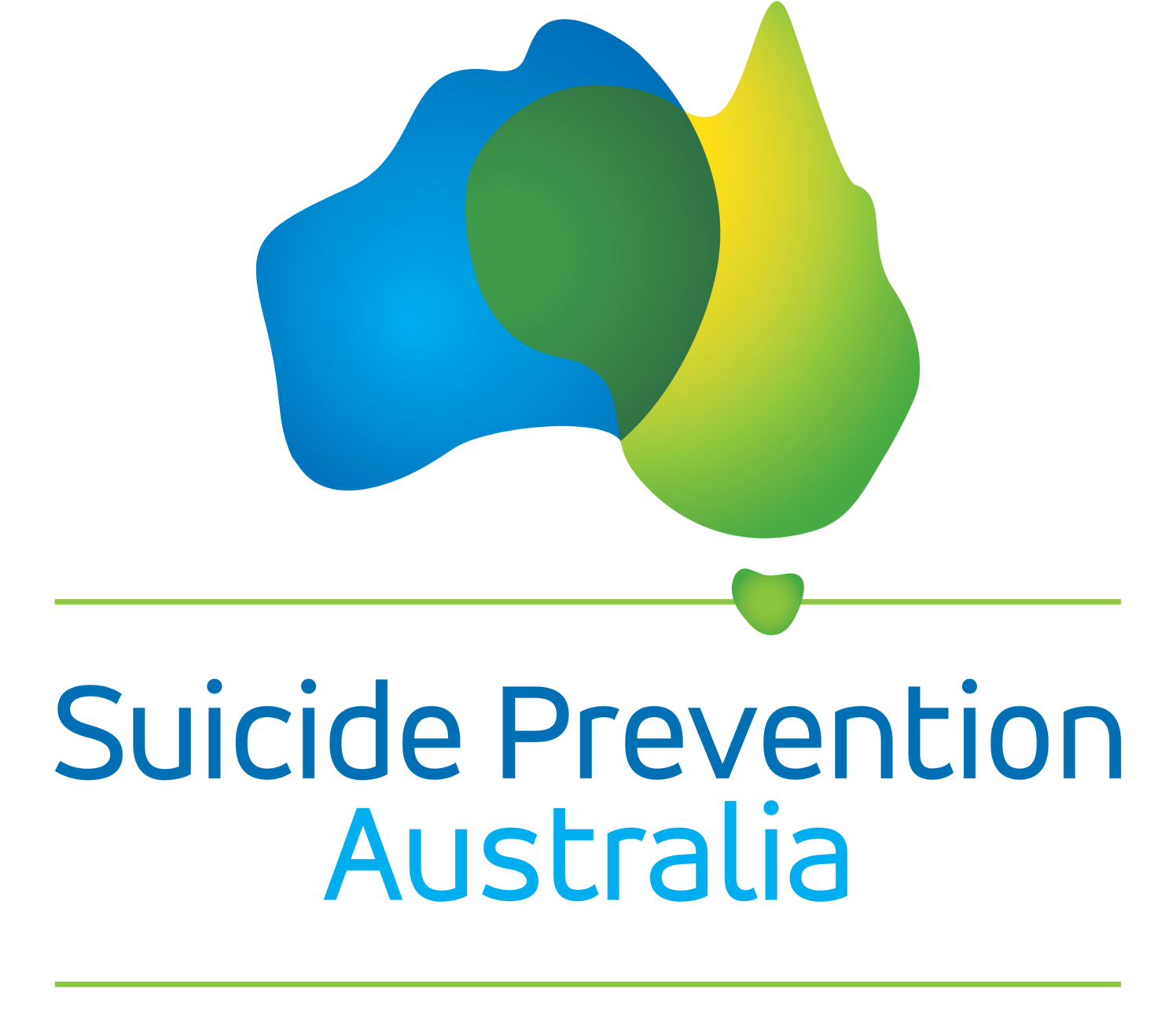Suicide Prevention Australia welcomes the latest study of the Australian trans community and urges for a focus on this vulnerable population.
The findings, reported in the International Journal of Transgender Health identified that more than half (61.1%) experienced clinically significant symptoms of depression during the first three months of the COVID-19 pandemic and almost half (49%) reported thoughts of self-harm or suicide.
The research study into the impact of the first three months of the COVID-19 pandemic on the Australian trans community found concerning rates of mental ill-health and suicidality. The study included Austin Health, Thorne Harbour Health, Trans Medical Research, ACON and the University of Melbourne.
A key finding showed participants who felt unsafe or afraid in their household, were experiencing financial distress, or experienced disruptions to planned gender-affirming surgery were more likely to report thoughts of suicidality.
“Sadly, people from LGBTQI communities have higher rates of mental ill-health and suicide than the general population in Australia. This higher risk of suicide is due to LGBTQI people experiencing greater discrimination and exclusion.
“We also know that financial distress and unemployment are key risk factors for suicide, and the levels of unemployment and financial hardship have been severe for many Australians during the COVID-19 pandemic.
“These findings are consistent with previous evidence reported by LGBTIQ+ Health Australia, identifying higher rates of mental illness and suicidality among trans and gender diverse people than the general population.
“We also know LGBTQI communities face unique barriers to accessing support, particularly during times of crisis.
“Now more than ever, there is a need for a national coordinated approach to suicide prevention in Australian LGBTQI communities in order to identify the gaps in services and the support required.
“Peer-led, community-based organisations are best placed to deliver tailored suicide prevention initiatives but are currently underfunded, and under-resourced.
“We urgently need to see greater national investment into suicide prevention for LGBTQI Australians”, said Ms Murray.
To learn more about Suicide Prevention Australia’s calls to action for Australian LGBTQI communities, read our LGBTQI Policy Position, and our latest submission to the Select Committee on Mental Health and Suicide Prevention.
To get help between 3.00 pm-midnight everyday, phone QLife for LGBTI peer support on
1800 184 527 or visit www.qlife.org.au for webchat services.
To get help 24/7, phone Lifeline on 13 11 14 or the Suicide Call Back Service on 1300 659 467. If you or someone you know are in immediate danger, phone 000 for emergency services.
Help to report about suicide safely is available online: Go to www.mindframe-media.info
